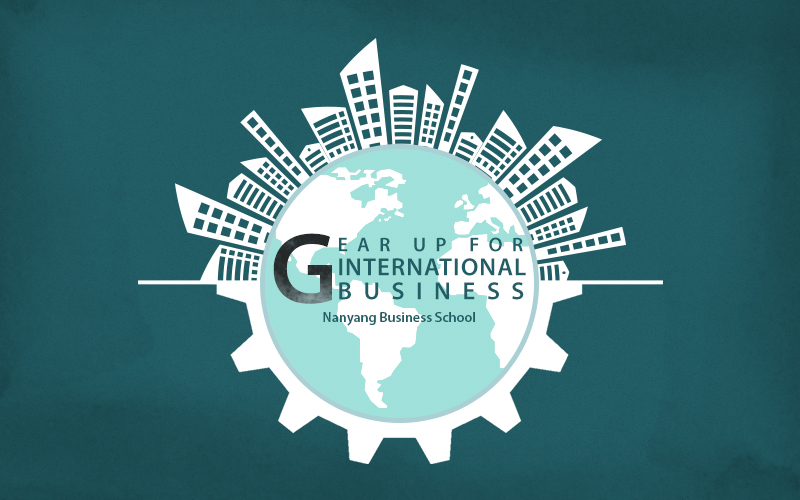In today’s world economy, almost every business career is an international business career. And you are an ambitious, tech savvy person who is ready to be a part of this diverse scenario. There’s a lot of cultural exchange and business knowhow involved in every business interaction these days. Do you have the drive to succeed in this challenging environment? If you answered in the affirmative: Does your skill set include what it takes? Here’s your checklist.
- Be culturally sensitive
If you want to succeed in international business, staying stuck in your local cohort will not get you very far. You don’t have to travel to Spain to know that a business dinner could go well into the wee hours of the morning because the mealtime commences so late. You also don’t have to spend time in Japan to find out that the Japanese don’t think twice about asking people what they earn. Taking out the time and interest to talk to international students on your campus is good enough to teach you a long list of things like this. Extensive reading helps too. Or you could end up offending an elderly Japanese individual by offering to shake his hand. Some cultural customs may even irk you, but the more you know, the better for your growth.
- Work on your language skills
Simply reading books often is one way to improve your language skills. Getting As in English classes throughout school and college doesn’t say anything about your conversational skills. Work on your communication. Push yourself to talk to more people and to develop good conversational skills so that you can build lasting relationships. Plus, knowing multiple languages is essential. Chinese languages have become popular for B-school students since the country has a booming international business environment. The truth is that people are comfortable talking in their local language, so remove that barrier.
- Stay abreast of world affairs
There is a reason that there are so many newspapers and magazines in the market; you need to stay in touch with what is happening around you and elsewhere. When you are working in an industry, staying in a vacuum is just not and option. You need to read the news, watch the news, sign up for online alerts and know what is happening across the globe. Daily events affect stock prices and the prices of raw materials. Rapid changes like a terrorist attack in a safe city result in changed business processes and demand and supply. For example, somebody working in the hotel/tourism industry would need to know about the 2015 Bangkok temple blast because it obviously affected business. Knowing what is happening enables you to change and adapt your strategy accordingly.
- Learn about governments/political relations
In the current business space, organisations work with colleagues and clients in various countries. Develop your knowledge of international politics and economics of the nations and cities that you work with. Find out about the chief minister/president and the ruling party. Then do your research and understand where things stand between the government of your country and that of those places. Also understand the relationship between the ruling party and its opposition. That could help you avert trouble if you are offering goods or a service in their location. For instance, a multinational company that runs cab services globally will study each location, learn about its trade unions and understand how supportive or unsupportive political parties are when it comes to welcoming foreign business.
The Nanyang Fellows MBA programme
The Nanyang Fellows MBA programme nurtures candidates who go on to succeed in the international business world. From top experts teaching you to time carved out for a visit to a top US B-school, there are multiple elements to bring you closer to your career goals. Whether you want to start your own entrepreneurial venture after years in the workforce or join the coveted C-suite, the entire experience will help you build the skills and mind-set needed.
As a representative for your company in the global arena, you’ll enjoy new experiences each day. Even if you aren’t always on a plane, you’ll be going places as you continue to excel as an international communicator.







